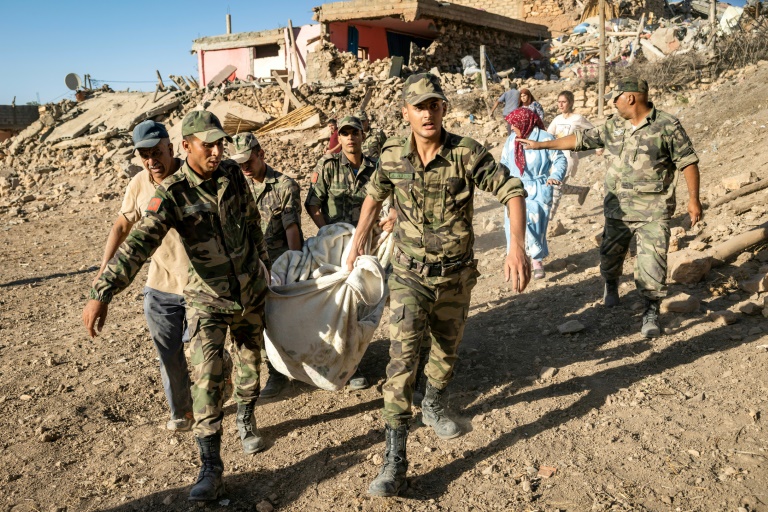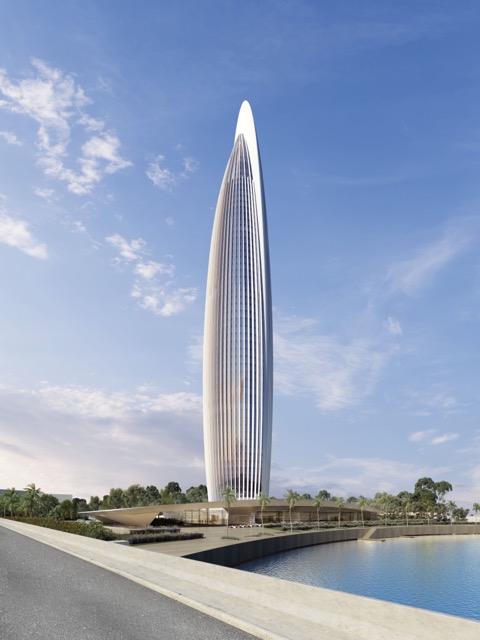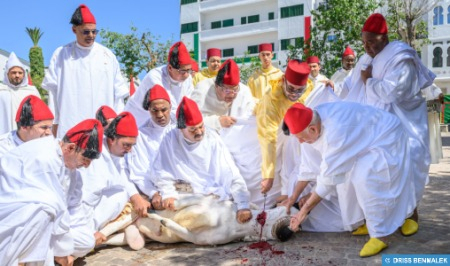Professional and credible international media on the ground in the earthquake affected areas in Morocco are witnessing the colossal efforts undertaken by authorities to rescue and shelter the people who lost their relatives and homes.
“Overall the Moroccan government’s response has been reasonably effective,” wrote Peter Beaumont, a Guardian journalist specilized in covering disasters.
While French media have indulged in clichés and stereotypes falling lower to the level of using a national tragedy to settle political scores, English-speaking media showed more professionalism in relaying the reality as it is on the ground.
Of all the world’s journalists, French and Algerian media were the only to rant about why Morocco sovereignly rejected their aid.
“The reality is that one of the first principles of humanitarian assistance is the idea of sovereignty in decision-making, as the French president, Emmanuel Macron, was belatedly forced to concede. Morocco, a country with problems like any other, is a functioning state, not a fragile nor a failed nor failing one like Libya, which was hit by its own dreadful disaster this week,” wrote Beaumont after visiting the quake-hit mountainous area.
“While it is appropriate that foreign states should offer help, it is also a privilege not a right to be invited to assist, with Moroccans in the best position to determine what is required,” he said.
In the space of about 48 hours Morocco partially reopened one of the main roads into the heart of the earthquake zone, opening up a corridor for aid to reach those worst affected. The country’s military helicopters have been flying nonstop for days, while an enormous self-organised social effort by ordinary Moroccans has mobilized help from people across the country, he said.
News agencies including Reuters, EFE and AP have documented the ongoing efforts to help the earthquake-stricken villages from offering aid to tents as well as housing thousands in camps in Asni, Amizmiz and other destroyed areas while continuing to open up roads where landslides take place following aftershoks.
Indeed, the army and authorities have done a tremendous job, opening up roads for aid to reach remote villagers and offering tents and water to the affected communities.
Two military hospitals have been operating since Monday offering emergency services, surgeries as well as psychological support to traumatized populations, notably children.
A large military camp housing about 3000 people where food is also offered as well as entertainment for children has been set up in Amizmiz.
Helicopters continue to airlift aid to destroyed villages up in the High Atlas mountains.



